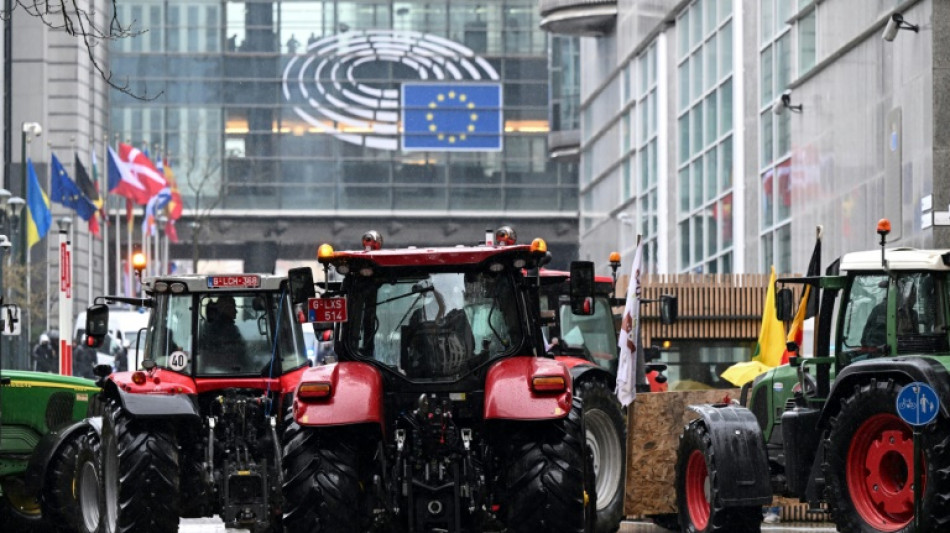
-
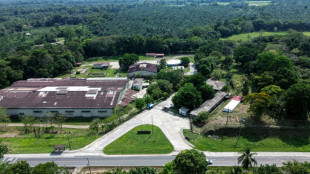 Justice orders release of migrants deported to Costa Rica by Trump
Justice orders release of migrants deported to Costa Rica by Trump
-
Vietnam tycoon will not face death penalty over $27 bn fraud: lawyer
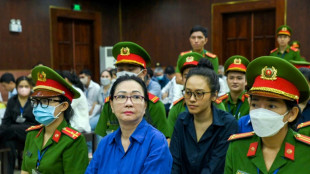
-
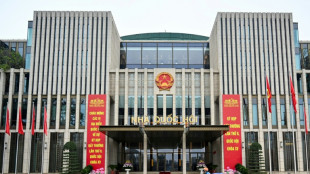 Vietnam abolishes death penalty for spying, anti-state activities
Vietnam abolishes death penalty for spying, anti-state activities
-
Over 80,000 people flee severe flooding in southwest China
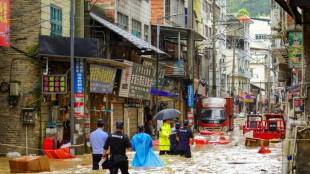
-
 AI fakes duel over Sara Duterte impeachment in Philippines
AI fakes duel over Sara Duterte impeachment in Philippines
-
UK carbon emissions cut by half since 1990: experts
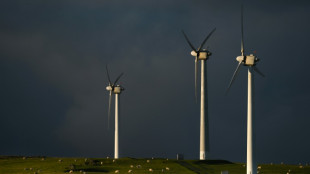
-
 Delap off mark as Chelsea ease into Club World Cup last 16
Delap off mark as Chelsea ease into Club World Cup last 16
-
UK to reintroduce nuclear weapon-capable aircraft under NATO
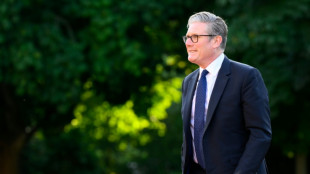
-
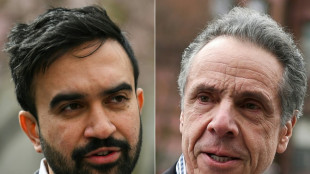 Upstart socialist stuns political veteran in NYC mayoral primary
Upstart socialist stuns political veteran in NYC mayoral primary
-
China's premier warns global trade tensions 'intensifying'
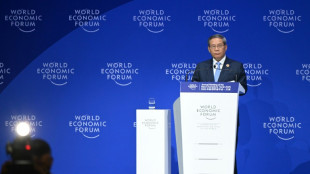
-
 Chelsea through to Club World Cup knockouts, Benfica beat Bayern
Chelsea through to Club World Cup knockouts, Benfica beat Bayern
-
Cummins says Green 'long-term option' as Australia face new-look Windies
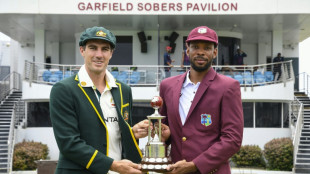
-
 Chelsea east past Esperance and into Club World Cup last 16
Chelsea east past Esperance and into Club World Cup last 16
-
Stocks rally as Iran-Israel ceasefire holds, oil claws back some losses
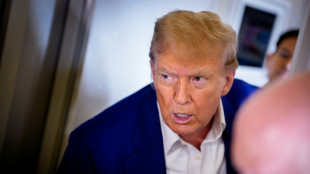
-
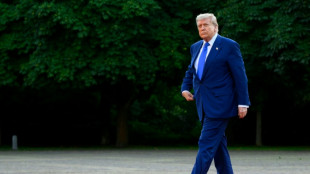 Trump whirlwind to test NATO summit unity
Trump whirlwind to test NATO summit unity
-
Israel claims victory as US intel says Iran nuclear sites not destroyed
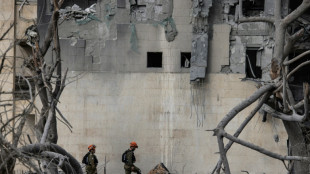
-
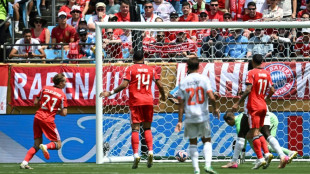 Benfica beat Bayern at Club World Cup as Auckland City hold Boca
Benfica beat Bayern at Club World Cup as Auckland City hold Boca
-
RFK Jr's medical panel to revisit debunked vaccine claims
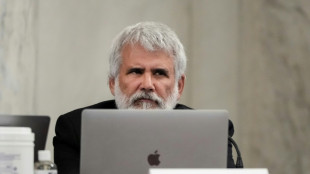
-
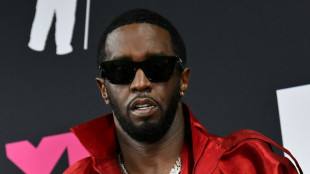 Sean Combs trial: Takeaways from testimony
Sean Combs trial: Takeaways from testimony
-
Messi and Miami relishing reunion with PSG and Enrique
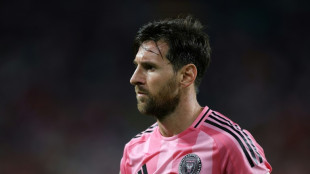
-
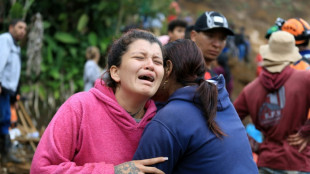 At least 10 dead in Colombia landslide
At least 10 dead in Colombia landslide
-
Extreme heat, storms take toll at Club World Cup
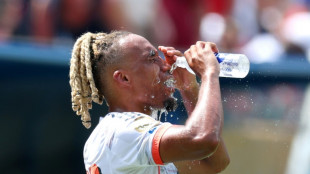
-
 France's Versailles unveils AI-powered talking statues
France's Versailles unveils AI-powered talking statues
-
Child vaccine coverage faltering, threatening millions: study
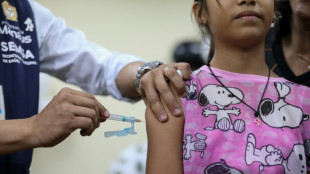
-
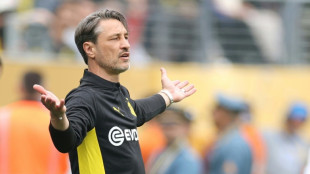 Club World Cup winners team who handles weather best: Dortmund's Kovac
Club World Cup winners team who handles weather best: Dortmund's Kovac
-
FIFA launch probe into Rudiger racism allegation

-
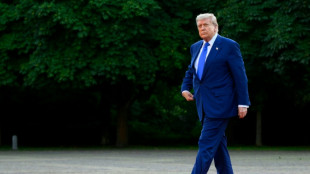 Trump rattles NATO allies as he descends on summit
Trump rattles NATO allies as he descends on summit
-
Three things we learned from the first Test between England and India
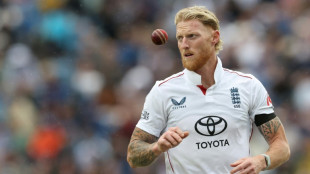
-
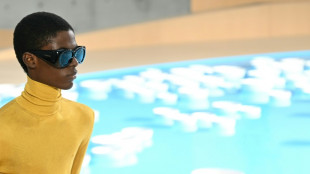 Saint Laurent, Vuitton kick off Paris men's fashion week
Saint Laurent, Vuitton kick off Paris men's fashion week
-
Amateurs Auckland City hold Boca Juniors to Club World Cup draw

-
 Neymar signs for six more months with Santos with an eye on World cup
Neymar signs for six more months with Santos with an eye on World cup
-
Grok shows 'flaws' in fact-checking Israel-Iran war: study

-
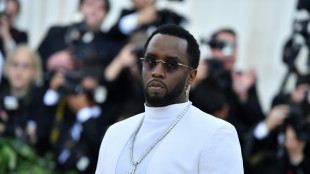 Both sides in Sean Combs trial rest case, closing arguments next
Both sides in Sean Combs trial rest case, closing arguments next
-
Benfica beat Bayern to top group C

-
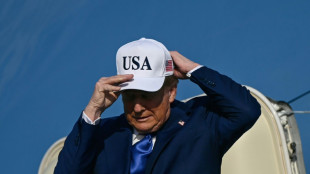 Trump plays deft hand with Iran-Israel ceasefire but doubts remain
Trump plays deft hand with Iran-Israel ceasefire but doubts remain
-
England knew they could 'blow match apart' says Stokes after India triumph
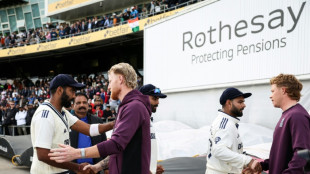
-
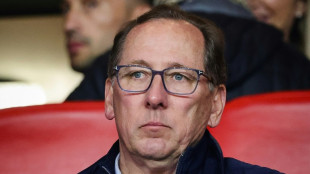 Lyon appeal relegation to Ligue 2 by financial regulator
Lyon appeal relegation to Ligue 2 by financial regulator
-
US intel says strikes did not destroy Iran nuclear program
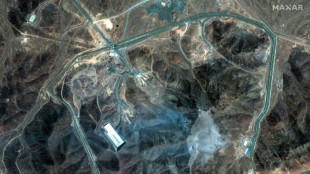
-
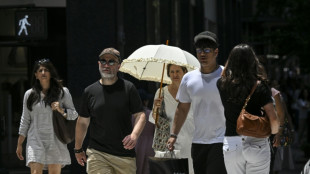 Nearly half the US population face scorching heat wave
Nearly half the US population face scorching heat wave
-
Israel's Netanyahu vows to block Iran 'nuclear weapon' as he declares victory
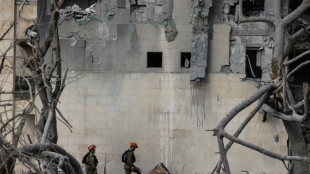
-
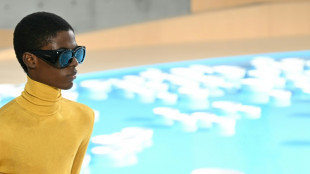 Saint Laurent kicks off Paris men's fashion week
Saint Laurent kicks off Paris men's fashion week
-
Arbitrator finds NFL encouraged teams to cut veteran guarantees: reports

-
 India, Poland, Hungary make spaceflight comeback with ISS mission
India, Poland, Hungary make spaceflight comeback with ISS mission
-
Piot, dropped by LIV Golf, to tee off at PGA Detroit event
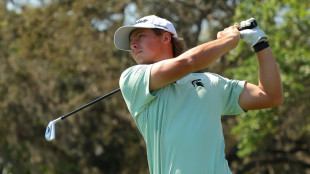
-
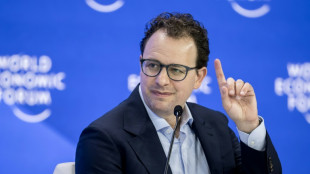 US judge backs using copyrighted books to train AI
US judge backs using copyrighted books to train AI
-
Russian strikes kill 19 in Ukraine region under pressure
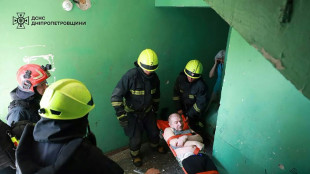
-
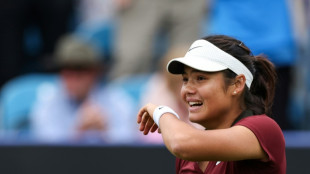 Raducanu's tears of joy, Krejcikova survives match points at Eastbourne
Raducanu's tears of joy, Krejcikova survives match points at Eastbourne
-
Duplantis dominates at Golden Spike in Czech Republic
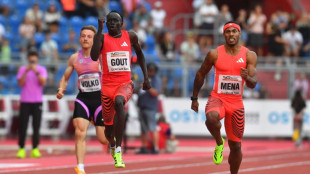
-
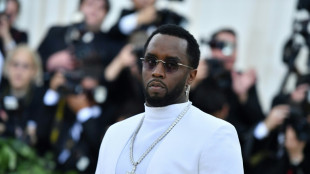 Prosecutors of Sean Combs rest their case, eyes turn to defense
Prosecutors of Sean Combs rest their case, eyes turn to defense
-
Duckett and Root star as England beat India in thrilling 1st Test
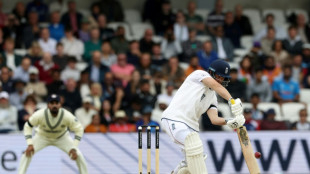

EU eyes stricter food import rules in agriculture policy review
The EU plans to crackdown on food imports that do not meet its standards as part of an agricultural policy review to be published Wednesday that looks to appease disgruntled farmers amid global trade tensions.
The European Commission is due to unveil a new blueprint for a sector that despite gobbling up a third of the bloc's budget has long resented Brussels's liberal approach to trade.
Months of protests last year saw farmers irked at regulatory burdens, squeezed revenues and what they see as unfair competition from less-regulated overseas rivals, hurling eggs, spraying manure and blocking the Belgian capital's streets.
Following consultations with farming lobby groups and environmental NGOs, the "Vision for Agriculture and Food" promises to address some of those concerns.
To ensure that the agricultural sector is not "put at a competitive disadvantage", the commission will pursue "a stronger alignment of production standards applied to imported products," according to a draft of the text seen by AFP.
In particular, Brussels will see to it that "the most hazardous pesticides banned in the EU for health and environmental reasons" are not allowed back in "through imported products".
The draft does not specify a timeline for that or what products or countries could be affected.
"The first mission of this vision is to reduce tensions and calm all parties," said Luc Vernet of Farm Europe, a think tank, noting the text was "extremely cautious".
The prospect of a potential ban on some imports could ruffle feathers abroad against the backdrop of a looming trade conflict.
The Financial Times reported this week US crops such as soybean could be targeted, after President Donald Trump unveiled duties that could hit European exports.
European farmers have also been uneasy at a trade deal with Latin America's Mercosur the commission announced in December.
- 'Paradigm shift' -
The draft document also vows to reform the EU's common agricultural policy (CAP), cutting red tape and better targeting mammoth subsidies towards farmers "who need it most".
This suggests Brussels will move away from the current system, which calculates financial aid based on the size of the farms, favouring large landowners.
"This is a big deal," said Celia Nyssens-James of the European Environment Bureau, an umbrella group of activists, noting that the lion's share of money is now going to a minority of farmers who don't "necessarily need it".
"It's a paradigm shift," she said.
The EU subsidises farming to make sure enough food is produced at affordable prices, and farmers are rewarded for taking care of nature.
Those subsidies are massive and prized by farming states, most notably France, Ireland and eastern European nations, where farmers have a strong political influence.
Some 387 billion euros ($460 million) was earmarked for agriculture in the EU's budget for 2021 to 2027.
Negotiations on the next instalment of the CAP for 2028-2034 are set to be one of the most sensitive subjects during EU chief Ursula von der Leyen's second term in office, which began in December.
According to the draft plans, more money should flow towards young farmers as well as those who contribute to the environmental preservation or work in areas with "natural constraints".
The document did not provide any details about how a new system could work.
Simplifying access to funding for small- and medium-sized farmers by streamlining "controls and conditions" is also envisaged.
Furthermore the text calls for the 27-nation bloc to reduce "dependencies" and diversify supply chains, with fertiliser imports from Russia highlighted as of particular concern.
Agriculture contributed 1.3 percent to the EU's GDP in 2023, according to the bloc.
Europe's agri-food sector employed 30 million people, accounting for 15 percent of EU employment.
A.Suleiman--SF-PST
